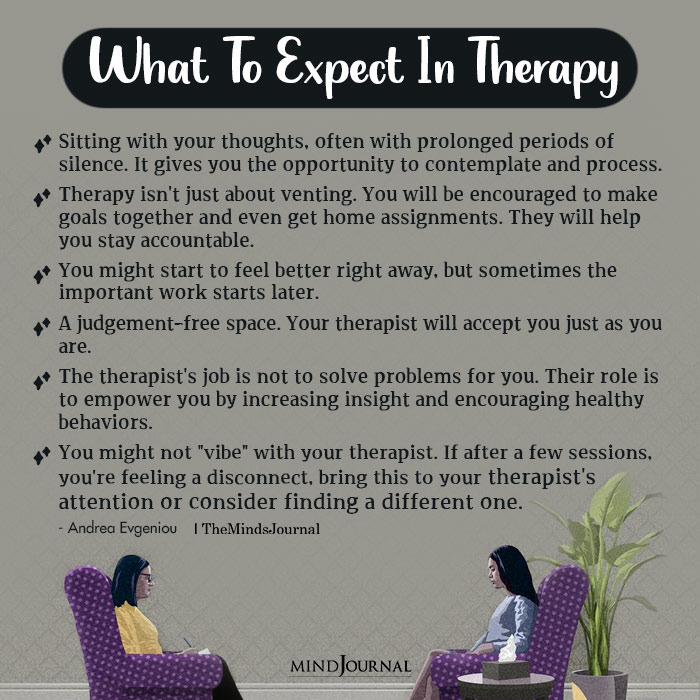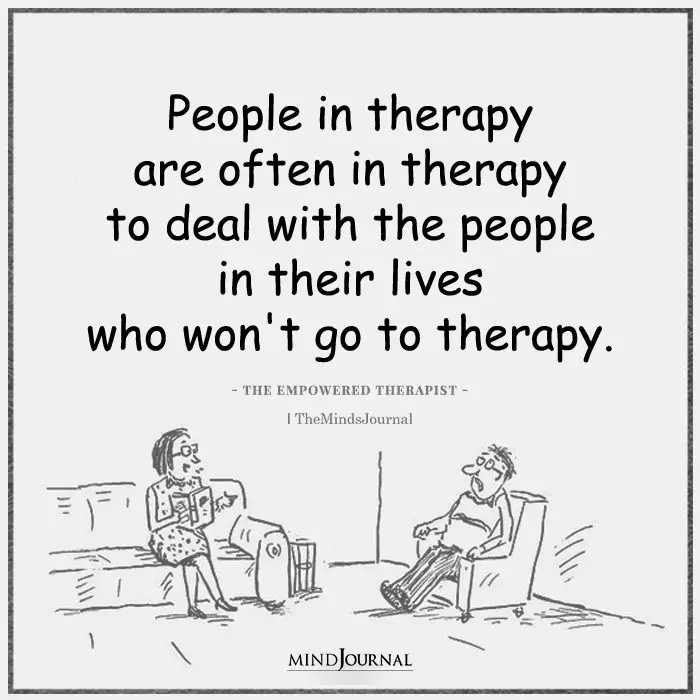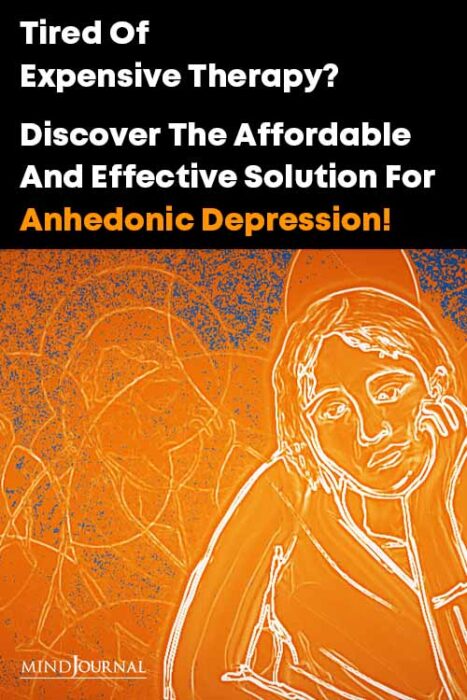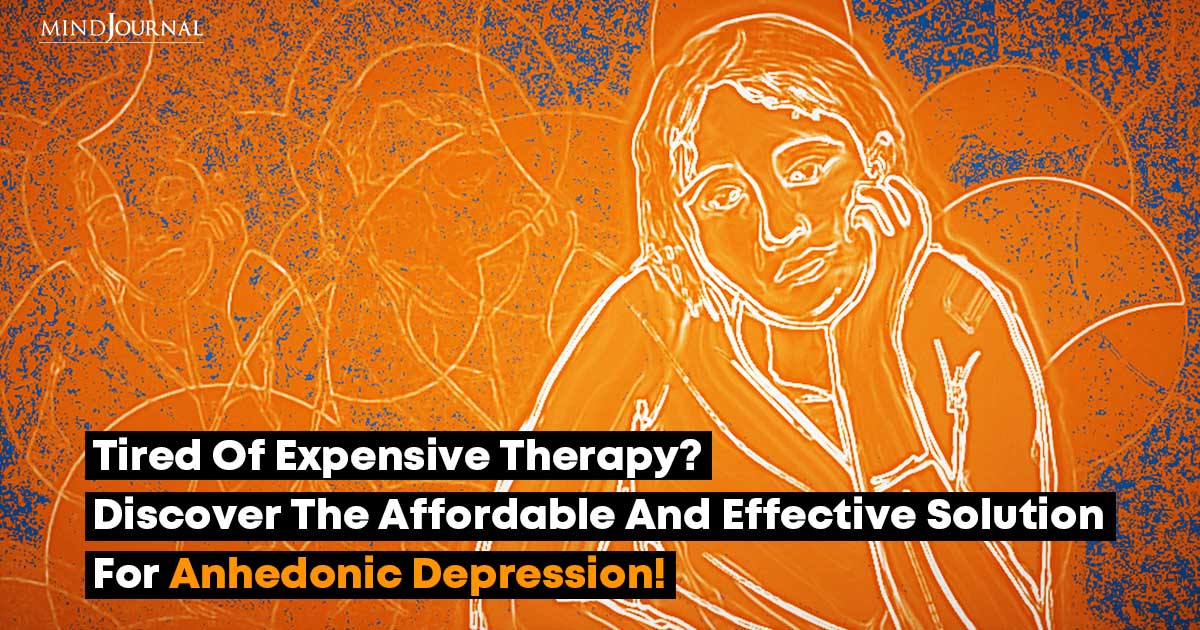A groundbreaking pilot trial has unveiled a new ray of hope for individuals battling anhedonic depression.
Augmented Depression Therapy (ADepT), a novel talk therapy approach that focuses on building a positive mood while reducing depressed mood, has shown great promise in potentially surpassing the effectiveness of cognitive behavioral therapy (CBT).
The preliminary results are encouraging, suggesting that ADepT is not only feasible and acceptable but also holds the potential to outperform CBT in clinical outcomes, opening doors to longer-lasting well-being.
Read more here: The Insider’s Guide To Talk Therapy: What You Need To Know To Get The Most Out Of Your Sessions
A Promising Talk Therapy Approach For Anhedonic Depression Treatment
Led by Professor Barnaby Dunn from the University of Exeter, the study aimed to explore the efficacy of ADepT compared to CBT.
Although the trial lacked the power to establish the superiority of ADepT, the findings were highly promising, warranting further investigation.
The results, published in “eClinicalMedicine”, underscore the importance of building a positive mood alongside reducing negative mood for individuals struggling with anhedonic depression.
Depression comprises two interconnected facets: heightened negative mood and diminished positive mood.
Traditional Cognitive Behavioral Therapy primarily focuses on repairing negative moods, often overlooking the significance of rediscovering positive experiences.
Augmented Depression Therapy takes a different approach by equally emphasizing the reduction of negative moods and the cultivation of positive moods.
By equipping clients with skills to counteract old patterns of thinking and feeling, Augmented Depression Therapy empowers individuals to embrace opportunities and experience well-being.
ADepT consists of 15 acute sessions followed by five booster sessions, aligning with the “dose” of classic Cognitive Behavioral Therapy.

Read more here: 11 Signs You Need To Talk To A Therapist
The therapy places a primary focus on enhancing well-being, including the ability to derive pleasure, find meaning, and establish social connections.
ADepT views depression as patterns of thinking, feeling, and behaving that hinder individuals from achieving these goals.
Therapists work closely with patients to overcome obstacles, promoting resilience and the ability to thrive.
To evaluate Augmented Depression Therapy’s effectiveness, the pilot trial enrolled 82 adults experiencing a moderate to severe major depressive episode with anhedonia symptoms.
Within-group analyses revealed that both ADepT and CBT led to significant improvements in depression, well-being, and secondary outcomes, including anhedonia measures.
However, between-group comparisons demonstrated that ADepT showcased more favorable effects on depression and well-being.
Remarkably, around 80% of clients receiving ADepT no longer met the diagnostic criteria for depression, compared to approximately 56% in the CBT group.
Moreover, ADepT yielded greater gains in well-being and reductions in anhedonia. Notably, more clients who recovered through ADepT sustained their well-being over the long term, indicating its potential for lasting relief.
What makes ADepT even more promising is its cost-effectiveness, equivalent to CBT, while delivering greater improvements in quality of life. This positive aspect increases the likelihood of ADepT being adopted in routine care settings.
Furthermore, ADepT has been designed for easy integration into existing CBT practices, requiring minimal additional training for CBT therapists.

Read more here: 7 Ways To Know If Therapy Is Working For You
Encouraged by the trial’s success, Professor Dunn has secured a book contract with Guilford Press to develop the ADepT treatment manual and continues to contribute to the field by delivering workshops and talks on ADepT.
The preliminary results of the ADepT pilot trial offer a glimmer of hope for individuals grappling with anhedonic depression.
By addressing both the reduction of negative mood and the cultivation of positive mood, ADepT empowers individuals, enhancing their well-being and paving the way for longer-lasting recovery.
As researchers prepare for the next phase of the investigation, the future appears brighter for those seeking effective and innovative therapeutic interventions for anhedonic depression.









Leave a Reply
You must be logged in to post a comment.